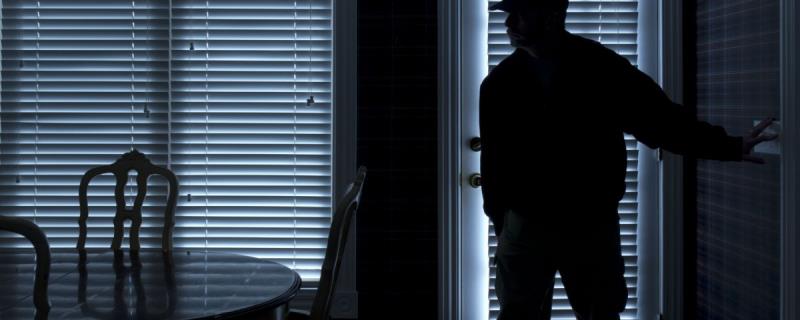Keeping your home safe while away on holidays is an important issue to keep in mind during the festive period.
Neighbourhood Watch has some tips for residents via their online “How Safe Is My Place” tool, which asks a series of questions to get you thinking about the security of your home, coupled with advice to reduce the risk of your home being broken into.
Here are some top Neighbourhood Watch hints for keeping your house safe while you are away (see: nhw.com.au/prevent-crime/residential-burglary/ for more information).
Get to know your neighbours
Intruders are more unlikely to go after a home if they think they’re being watched.
Keep a spare key with a trusted neighbour, not hidden somewhere near the house.
Don’t leave keys, wallets, mobile phones and electronic devices in plain view, them in a secure place out of sight.
Install a home security system
Homes without a security system are three times more likely to be broken into than homes with one.
If you can’t afford a Home Security System, consider installing alarms that, once set, emit a loud noise whenever someone opens a door or breaks a window.
A cheaper idea would be to place a generic sticker to the effect that “This home is protected by Home Security” in different windows around your home.
It might not deter all intruders, but it may cause some to reconsider making you a target.
Keep the outside of your house tidy
Regular home maintenance keeps your home looking like it’s occupied.
Mowing lawns, and trimming shrubs and trees, can help.
Also, planting thorny bushes near windows can be a deterrent and act as an evidence collection tool in the event of a home intrusion.
Keep the outside of your house well-lit
Put lighting on a timer to light the outside of your house so neighbours can see a suspicious person near your home and light your front door and other entry point areas.
If you have tall trees around your home, you might also consider installing timed floodlights in their branches that come on at night for additional security.
Rubbish
Intruders might “window shop” your home to check for any new item cardboard boxes.
Cut up the boxes so they fit in the recycle bin.
Secondly, don’t throw away any bills or bank statements without shredding them first.
Securing doors
Doors are a home’s first point of entry, so consider strengthening their security with the following measures:
• Make sure the hinges of all entry doors are on the inside of the home. If hinges are on the outside, intruders can break them off to get in.
• Replace the strike plate which is the metal rectangle on the inside of the door that the deadbolt or door latch inserts into when the door closes. When intruders kick in a door, the strike plate is often the part that gives first, particularly in older homes where they can be worn or loose.
• Install security film on glass panes. Doors with lots of glass panes are easy to compromise.
• Check to see if your doors fit the frame snugly. Intruders can insert crowbars in the gap between the door and the frame to pry it open.
• French doors are easy to kick open so buy a kit to help reinforce them.
• Sliding glass doors often have ineffective locking mechanisms. Add a lock which is vertical and bolts into the floor and the top frame or put a wooden dowel in the bottom track to prevent the door from sliding open. Because sliding doors also typically have a lot of glass, you may consider covering it with security film as well.
• Install and use deadlocks to all external doors and have peep-holes to identify visitors.
• Always remember to lock your doors and windows when you leave your home, even if only for a few minutes.
• Always lock your front door when at the rear of your home or in the back garden.
• Ensure all external doors are locked overnight.
Securing windows
• Always lock windows. Intruders typically don’t like to break glass, so keep your windows locked.
• Consider security film. The film makes the glass harder to break through, increasing entry time and noise that will bring attention.
• Consider security bars. If you don’t care too much about aesthetics and live in a particularly high risk area, you might consider installing security bars on your windows.
• Use shutters and curtains to prevent ‘snooping’.
Securing the garage
• Keep your garage door closed unless you are outside working.
• Make sure to lock access doors. The doors that go into your garage and from the garage into your home should be secured just as much as your front door. Keep them locked and reinforce if necessary.
• If you park in the driveway, take the garage door opener inside with you.
See nhw.com.au/holiday/ for more details.







